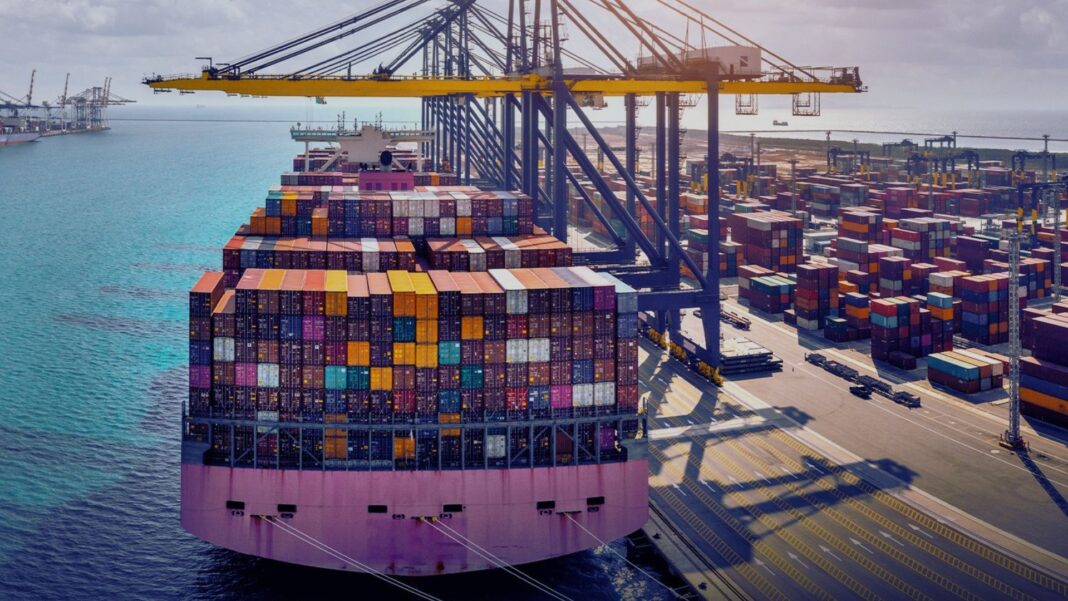The marine industry extensively uses multidisciplinary software applications to manage multiple aspects of its operations. It is because many aspects of marine management require specialized skills. For example, a marine company’s managers must know finance, procurement, safety, security, and technical skills in IT and vessel operations to manage a marine fleet efficiently and effectively. As a result, intelligent software is designed to specialize in these core aspects.
Marine managers should consider the needs of the maritime industry as well as company budget limits when selecting marine management software. Choosing a marine fleet management software for your organisation, on the other hand, can be complex and time-consuming. Here are some things to think about while choosing software to help you make this difficult decision easier.
Price
Even if a piece of software is capable of everything you could want, it will be utterly useless if the price is too high. A general price range is the first and possibly most significant component of any software discussion.
Hardware may or may not be included in a vendor’s price as additional charges. For example, Dashcams and GPS systems are frequent upgrades that could be pricey. These could cost money to install in addition to shipping fees. Due to these expenses, setup may be more expensive. Before making a purchase, ensure you get a final price quote from any vendor.
It is advisable to choose a company that is targeting your particular company size to get the most value for your money. When pricing models are provided by vendors who wish to meet the needs of smaller businesses, they can be much more effective. Scale and scalability are the subjects of discussion after this for this reason.
Mobility
The question is simple: What features must be moved with your automobiles, and what can remain at home?
The most basic fleet management applications are tools for managing logistics and rely on reporting when your ships arrive at their destination. Unfortunately, they also do not offer live tracking or accountability.
Others can see the interior, front and back views, enable live incident logging, and do a variety of other things. The adoption of a live service app is the happy medium.
For most small-to-medium-sized organisations, the most important question to ask a vendor is, “What services does your app provide?” This will assist you understand what information you expect to receive from them at the time of shipment.
Coverage of features
It would be best if you had software that offers the features you are interested in first and foremost. For example, fleet management programs will include GPS tracking and route planning services.
However, you should investigate the additional capabilities if you want software that goes above and beyond. For instance, you need software that can handle reverse freight bidding if you’re going to test it. Therefore, inquire about all the goods offered before choosing a software solution.
Convenience in usage
These are simple questions with significant implications for your employees. Large corporations predict that more experienced employees will oversee complex fleet management operations. Smaller businesses may require more in-depth training to use such technologies. Furthermore, more experience is required to get the most of software that is more expensive and has more functionality.
Integrations can make or destroy a tool in some instances. Consider whether you can eliminate the intermediary by employing a tool that integrates directly, whether you’re using it for personnel or logistical management. If you look at less expensive options and want to add complex capabilities piecemeal from other tools, be sure they work well together.
Customer Service And Support
Once it is operational, your fleet management software will immediately revolutionize how you conduct business daily. Unfortunately, this means that if your system does experience a problem, it could significantly affect your fleet.
For this reason, looking for a software solution that offers top-notch customer assistance is critical. In addition, having practical software support can aid in resolving any significant issues your team may have promptly.
It’s also beneficial to have an online chatbot or troubleshooting service available for quick assistance requests. If your software service provider has helpful resources available, it is more likely that they are committed to quickly resolving difficulties or concerns.
Conclusion
Investing in ship management software is an excellent way to increase productivity and efficiency in your fleet. Software such as Horizon can help you manage your entire fleet, from scheduling and routing to inventory and maintenance. It saves you time and hassle, which allows you to focus on other aspects of your business.



